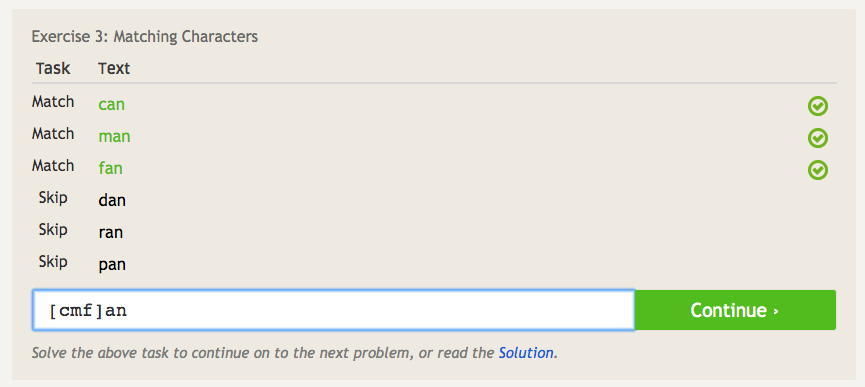Regular expression basics
Introduction to Natural Language Processing in R

Kasey Jones
Research Data Scientist
What is natural language processing?
NLP:
- Focuses on using computers to analyze and understand text
Topics Covered:
- Classifying Text
- Topic Modeling
- Named Entity Recognition
- Sentiment Analysis
What are regular expressions?
- A sequence of characters used to search text
- Examples include:
- searching files in a directory using the command line
- finding articles that contain a specific pattern
- replacing specific text
- ...
Examples
words <- c("DW-40", "Mike's Oil", "5w30", "Joe's Gas", "Unleaded", "Plus-89")
# Finding Digits
grep("\\d", words, value = TRUE)
[1] 1 3 6
# Finding Apostrophes
grep("\\'", words, value = TRUE)
[1] "Mike's Oil" "Joe's Gasoline"
Regular Expression Examples
| Pattern | Text Matches | R Example | Text Example |
|---|---|---|---|
| \w | Any alphanumeric | gregexpr(pattern ='\w', <text>) | a |
| \d | Any digit | gregexpr(pattern ='\d', text) | 1 |
| \w+ | An alphanumeric of any length | gregexpr(pattern ='\w+', text) | word |
| \d+ | Digits of any length | gregexpr(pattern ='\d+', text) | 1234 |
| \s | Spaces | gregexpr(pattern ='\s', text) | ' ' |
| \S | Any non-space | gregexpr(pattern ='\S', text) | word |
R Examples
| Function | Purpose | Syntax |
|---|---|---|
| grep | Find matches of the pattern in a vector | grep(pattern ='\w', x = <vector>, value = F) |
| gsub | Replaces all matches of a string/vector | gsub(pattern ='\d+', replacement = "", x = <vector>) |
RegEx Practice
1 https://regexone.com/lesson/matching_characters
Time to code!
Introduction to Natural Language Processing in R


